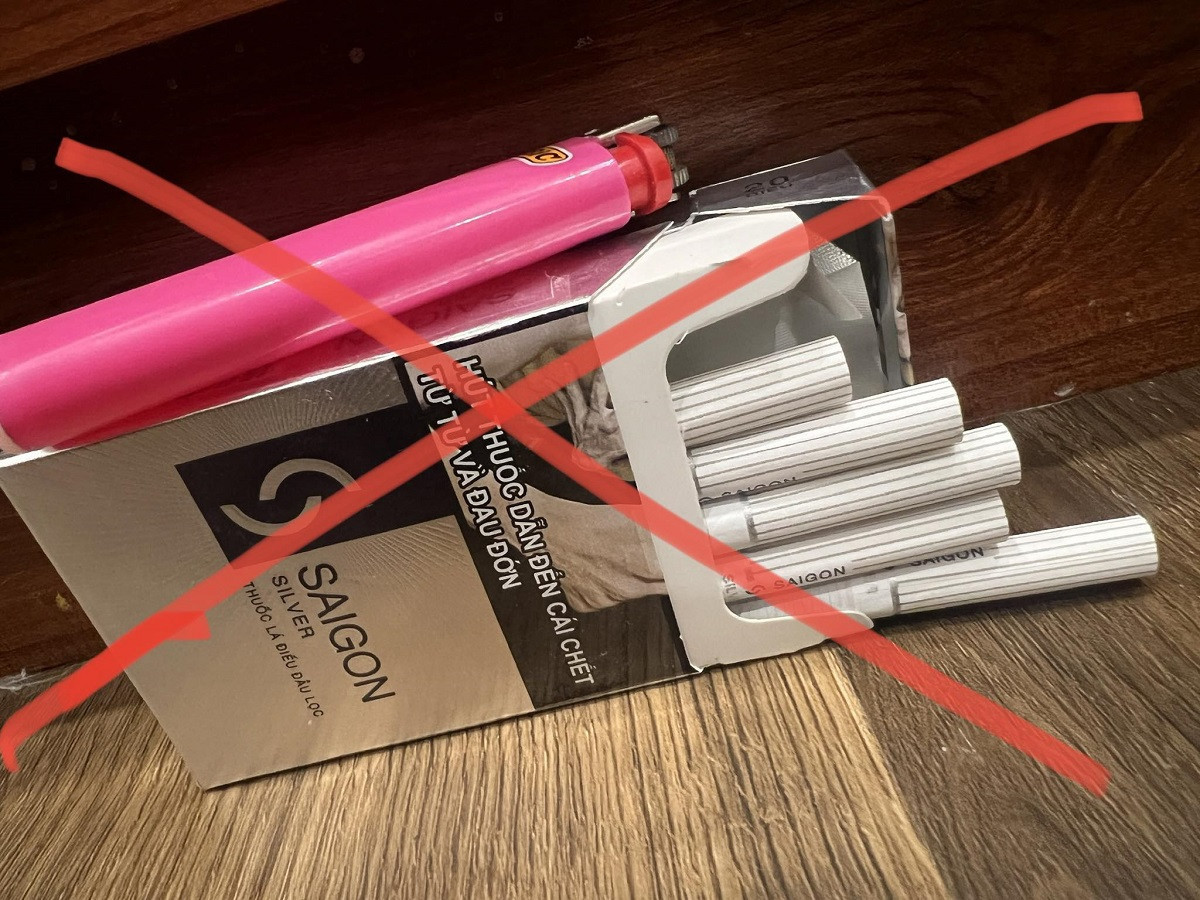
Vietnam is reviewing new tax policies for tobacco products, with experts recommending a gradual tax increase every two years instead of annual hikes. The Vietnam Tax Advisory Association (VTCA) has raised concerns that sharp, sudden tax hikes may backfire, leading to higher illicit cigarette trade and reduced tax revenue.
VTCA recently submitted its recommendations to the National Assembly’s Finance and Budget Committee regarding the proposed amendments to the Law on Special Consumption Tax. One of the key discussions revolves around the increase in tobacco taxes.
According to the draft law, the government plans to impose a hybrid tax system on tobacco products, combining the current 75% ad valorem tax with a specific absolute tax increase on each pack of cigarettes.
Two proposed scenarios are under consideration.
The first scenario suggests an annual increase of VND 2,000 ($0.08) per pack starting in 2026, leading to a total tax hike of VND 10,000 ($0.40) per pack by 2030.
The second scenario proposes a VND 5,000 ($0.20) increase in 2026, followed by an additional VND 1,000 ($0.04) increase per year from 2027 to 2029, also culminating in a total increase of VND 10,000 ($0.40) per pack by 2030.
VTCA has urged policymakers to be cautious, citing examples from other countries where abrupt tax increases led to unintended consequences.
In Malaysia, the government implemented a 40% tobacco tax hike in 2015, followed by two more increases from 2016 to 2018, raising the excise tax rate from 5% to 10%. By 2020, cigarette retail prices had surged by 25%, but instead of reducing smoking rates, the market for legal cigarettes dropped by 55%, while illicit cigarette sales soared to 65% of total consumption. Three of Malaysia’s largest tobacco manufacturers were forced to shut down their domestic production plants, and government tax revenues declined.
Despite the higher taxes, Malaysia did not see a significant drop in the number of smokers. Instead, consumers shifted to cheaper, unregulated illicit tobacco products.
Given these international lessons, many experts argue that Vietnam should phase in tax increases every two years rather than annually. This approach would allow the market to gradually adapt while still ensuring that by 2030, the tax per cigarette pack increases by VND 5,000 ($0.20).
If this proposal is not accepted, VTCA has recommended that lawmakers adopt the first scenario, which calls for an annual increase of VND 2,000 ($0.08) per pack starting in 2026, reaching VND 10,000 ($0.40) by 2030.
Binh Minh